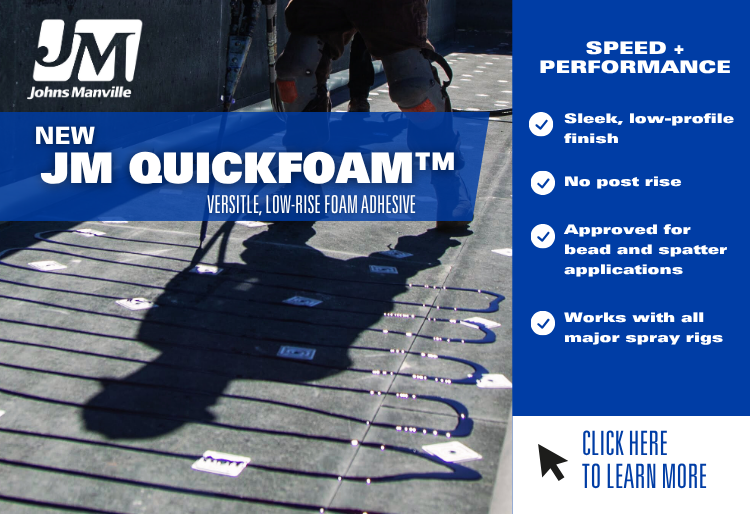A guide to managing finances in construction

By Kristen Frisa, TRUSS.
Learn about the different types of accounting in construction and how to streamline your processes.
Across the business world, solid accounting and financial skills are critical to success and survival. The construction industry is no exception to this, but construction accounting can often become a time sink for your business. These are also some of the most stressful parts of running a contracting business. In this industry, work is guaranteed to be a steady flow, it’s project based. This means that contractors often have different pay schedules for each project, subsequently changing financial factors such as income and costs.
Keeping to your budget is key, but constantly fluctuating market costs and irregular pay days pose challenges to those who try to build structured, consistent financial processes. Luckily, the experts here at TRUSS have some tips on staying in control of your financials and protecting your cash flow without getting lost in repetitive spreadsheets.
Methods of construction accounting
Here’s a rundown of some of the ways construction accounting principles may work. Each has advantages and disadvantages, and which one a contractor uses may depend on the size of the business, the construction billing methods, the contract cost and the type of construction projects.
Cash accounting: A contractor notes any payments into and out of the business as they occur. While this running tally shows in real-time how much money is in the bank, it doesn’t project upcoming job costs to better inform a contractor about spending and budget adherence. Cash flow statements and a cash flow projection document can help give a better forward look at the project’s overall financial health.
Accrual Accounting: The contractor notes work done and materials ordered upon invoicing, whether or not any payment has come. Accrual accounting allows a contracting firm to make decisions based on current and future expenses, but it requires a lot of effort from the accounting team. Each entry must be tracked and carried over from month to month until payment clears on it.
Progress Payments: Also called progress billing, this method measures the profitability of a project based on its relative progress by counting expenses and income regularly and comparing the numbers to the estimated overall job cost and revenue the project will produce.
5 Steps to make construction accounting easier
Regardless of the accounting methods a contracting business uses, crunching the numbers takes time and effort. Let’s look into some of the ways to streamline this process to avoid errors, save time and have a consistent view of the firm’s financial health.
1 - Automate invoicing and payments
Technology is particularly helpful for implementing processes and automating tasks. The point of automation is to program a single task so it can be performed repeatedly with as few touchpoints as possible.
Some aspects of business accounting that make good candidates for automation are invoice creation, preparing financial statements and entering data from other sources into spreadsheets. When accountants or office staff enter numbers into multiple systems, it takes a lot of extra time and risks data entry errors.
With Truss, construction companies can import outstanding construction invoices straight from their accounting software and request payments automatically. Similarly, accounts payable bills can be imported from the accounting software and paid through Truss in minutes. Reconciliation is automatic, too – once the transaction is complete, the invoice is marked paid.
2 - Leverage the right construction accounting software
Not all construction accounting software is created equal. Contractors need a solution that can help with job costing and budgeting, integrates with the firm’s other software systems, streamlines payroll and makes reporting and analytics more efficient.
A solution like QuickBooks can help a small or medium-sized business get through tax time, track income and expenses and provide data about general business finances. It has features that fit well with contractors’ needs – like the ability to view open purchase orders by vendor, track changes to existing estimates and convert estimates directly into invoices. QuickBooks Online automates with Truss to make invoicing, accounting and payments a seamless process.
3 - Manage job costing and tracking through technology
Accurate project bids and job costing are critical to the success of construction businesses. But once a bid is set, it can be tough to track expenses and how the actual cost is stacking up against the projections. It’s a moving target, as every day, new costs crop up and income comes in only periodically.
Technology can help keep things in perspective. Project management features like cost tracking and progress monitoring can offer a better sense of how things stand. Good construction management software should also provide the means for developing a specific, detailed and rigorously followed change order management process, which is critical to managing job costs and changing orders.
Managing costs is easier with individual cards that employees can use for project costs. Truss offers contractors the ability to issue each employee their own credit card that offers real-time spending reports and the ability to set spending limits and use project tags to ensure all costs can be properly attributed.
4 - Streamline reporting and analysis
Tracking financial information does little good if nobody ever looks at the data. On the other hand, fast and accurate reports can give contractors a window into the financial health of a project, enabling them to make better decisions on how to move forward.
Information gets even more powerful when financial management systems integrate with other software to allow for efficient and complete processes without having to reenter data every step of the way. Using two-way sync, integrated software tools can mirror changes on any of the systems into every step on the path.
A typical integrated software stack could link a construction company’s Customer Relationship Management software (CRM) with an accounting system like QuickBooks. QuickBooks integrates with Truss for a full-circle experience for the contractor.
When systems are all linked, a general contractor can create a new client in a CRM and import an invoice from the accounting system into Truss to complete payment. As soon as the payment is completed, the transaction is marked paid in the accounting system, which updates the CRM accordingly. Integrated systems allow for fewer manual inputs, leading to fewer mistakes and less user time overall.
5 - Make use of mobile
Construction is a battle fought on two fronts: the field and the office. Luckily, technology has allowed the two teams to work together on the same systems simultaneously through mobile computing.
Now, information doesn’t wait days to make it from field staff to the office, where admin staff would type it up and then send reports out to individual decision-makers. Instead, all the data can be inputted and accessed from anywhere.
Use a mobile app to generate automatic reports, refer to documents in the field and attach photos to project files. Capitalize on mobile technology’s ability to reign in project spending and make payments on the go.
Office staff never have to send workers on a hunt for weeks-old receipts from between the truck seats again. Truss offers a mobile-friendly interface that allows contractors to upload checks using a smartphone, receive text reminders to upload receipts as soon as they get them and initiate or send payments from anywhere.
Accounting processes can be powerful
Accounting can sometimes feel like an after-the-fact dollars-and-cents tally of what went on during a construction project. When streamlined and automated, accounting can offer powerful insights into current project progress and illuminate decision-making processes.
Automate invoicing and payments to keep clients happy and minimize manual entry, find software that reports in real-time and integrates with other business software and use mobile technology to bring teams together.
When construction accounting processes become automatic, office staff can skip data entry and instead offer valuable insights and analysis that can make construction firms stronger.
Original article source: TRUSS
Learn more about Truss in their Coffee Shop Directory or visit www.trusspayments.com.






















Comments
Leave a Reply
Have an account? Login to leave a comment!
Sign In